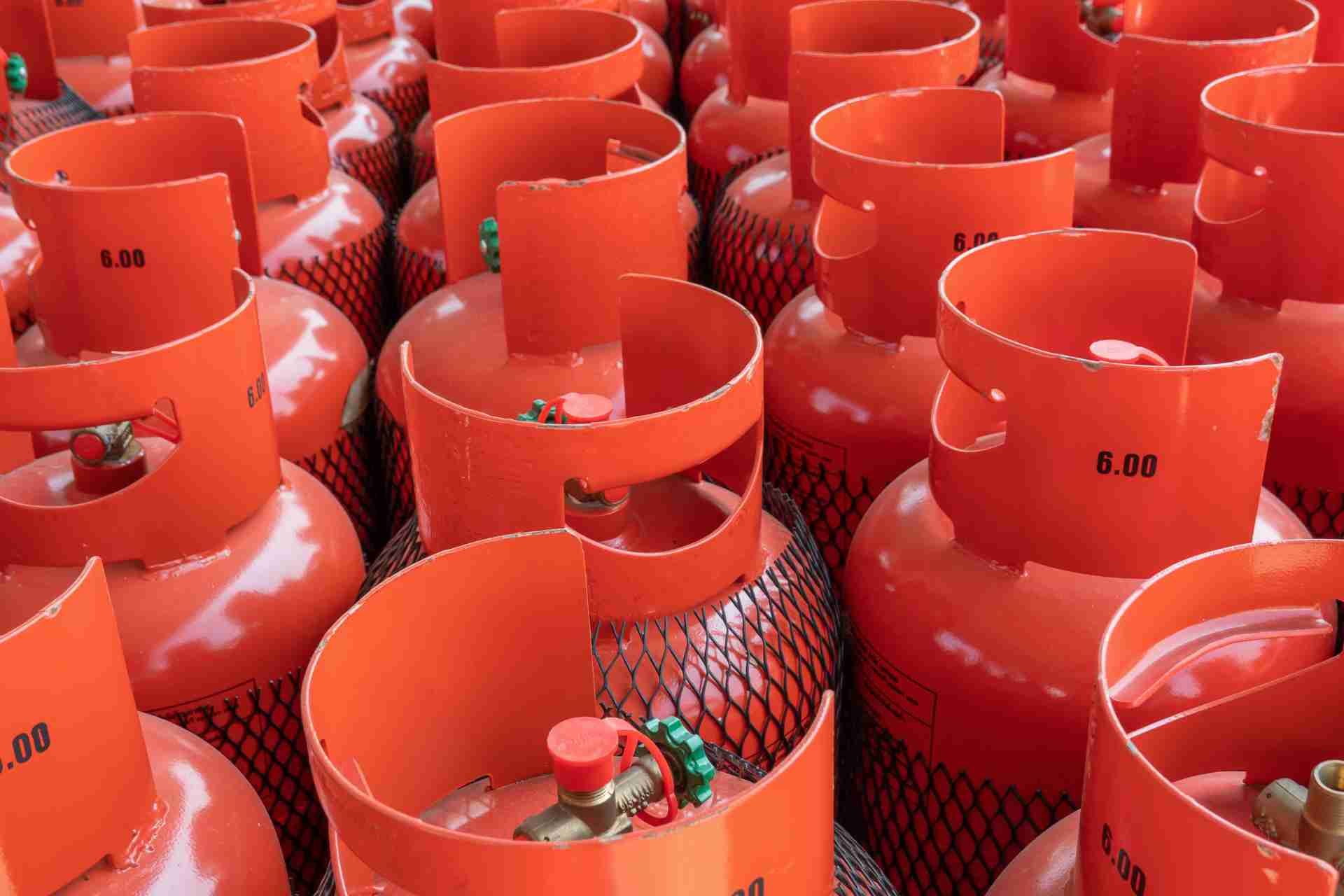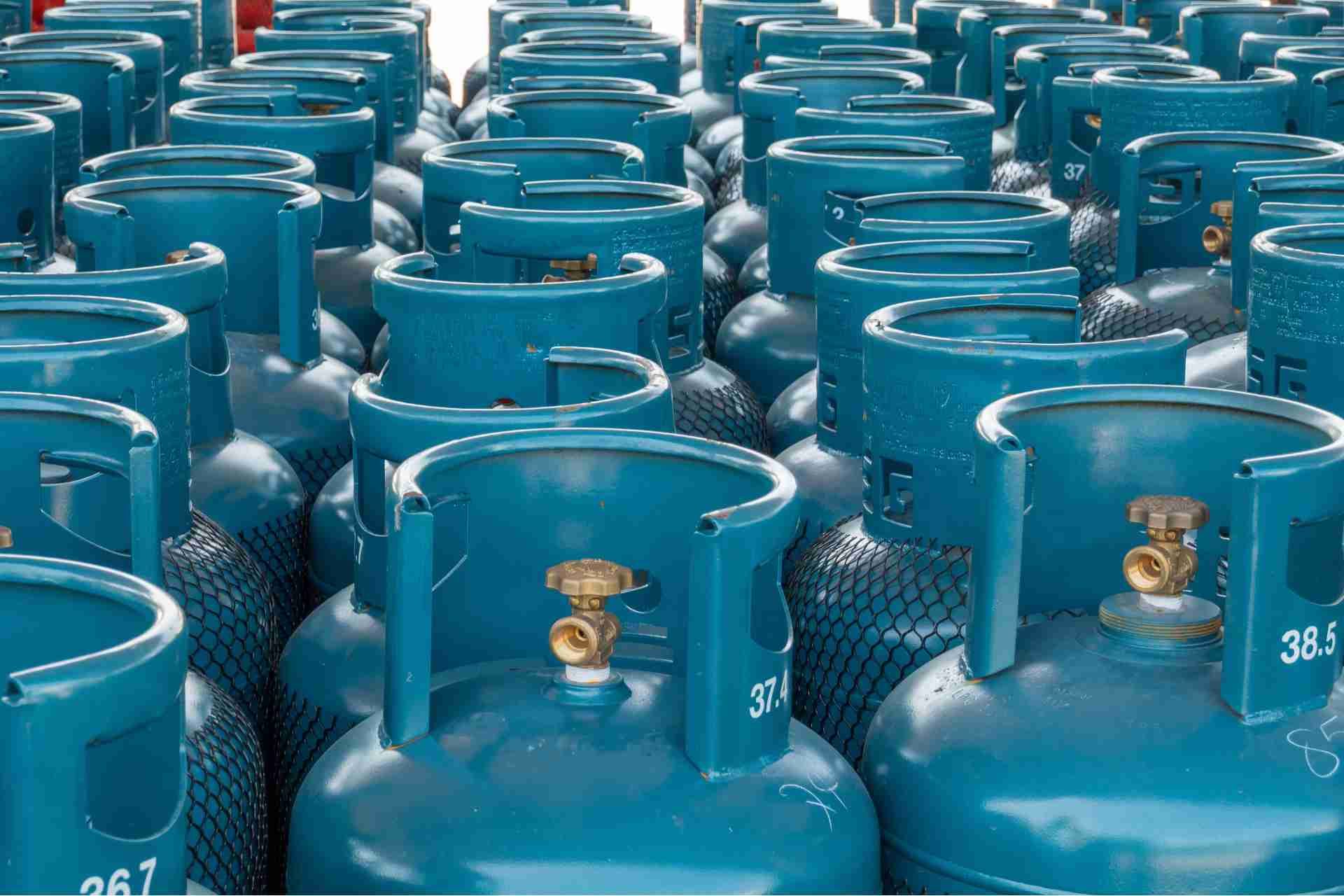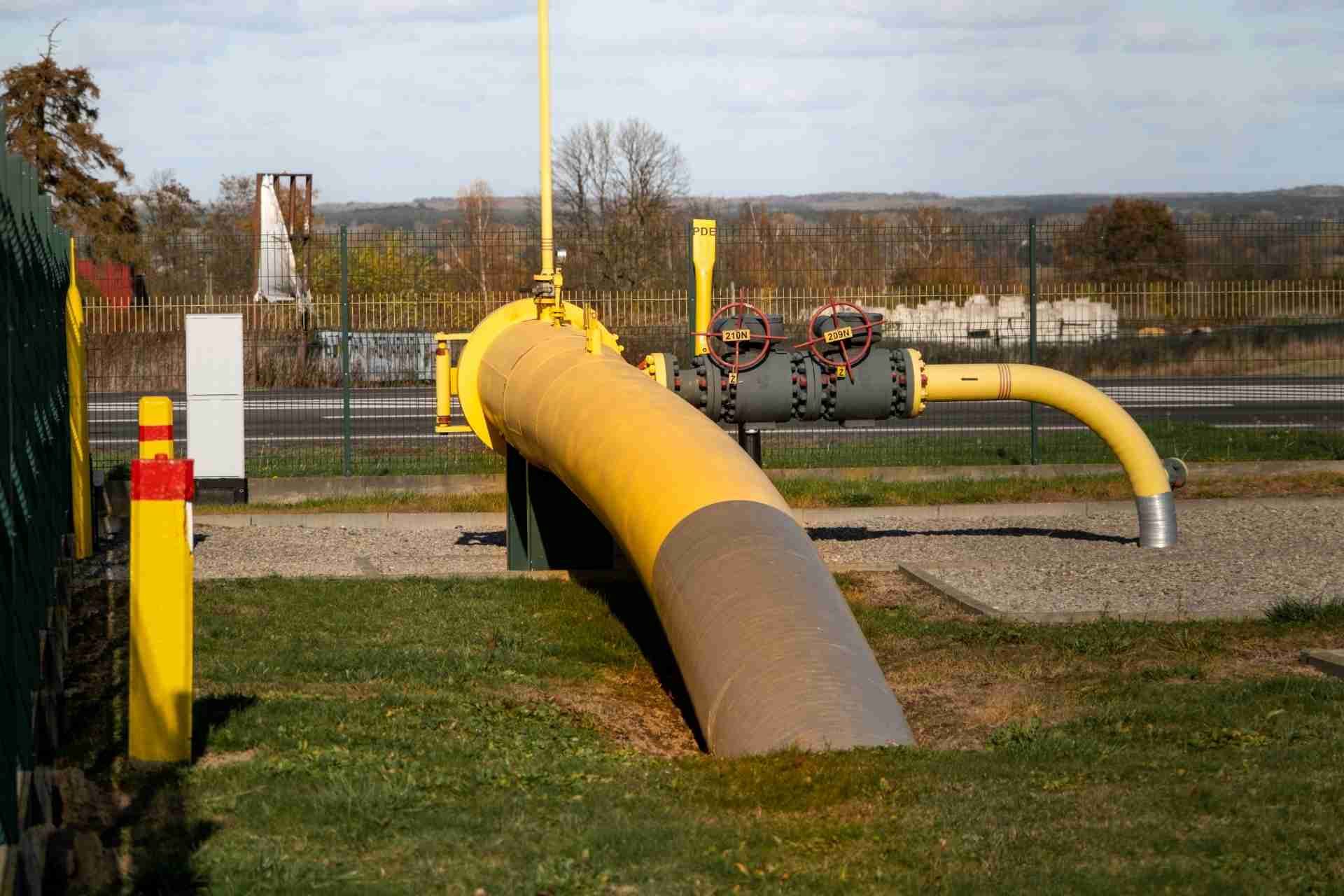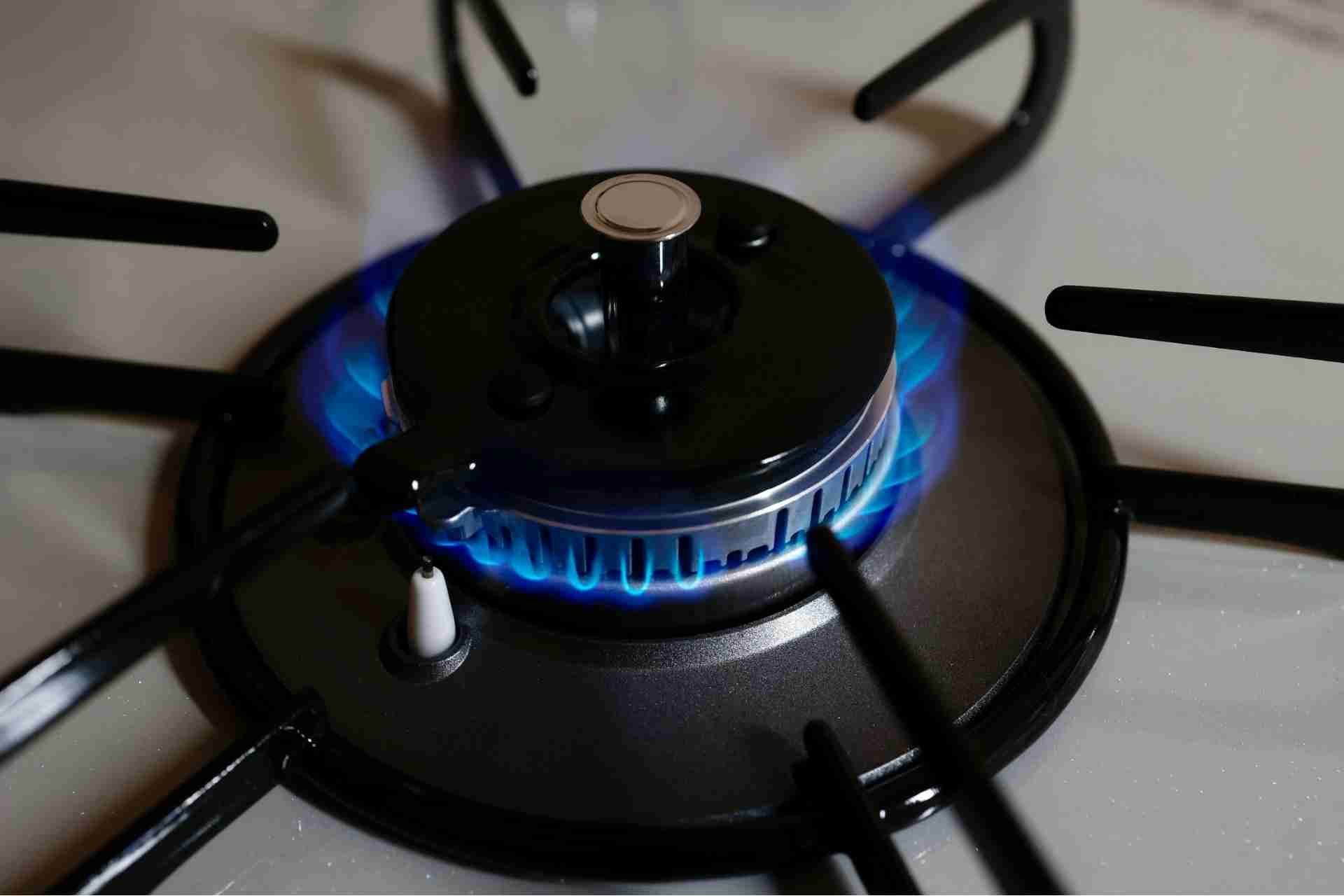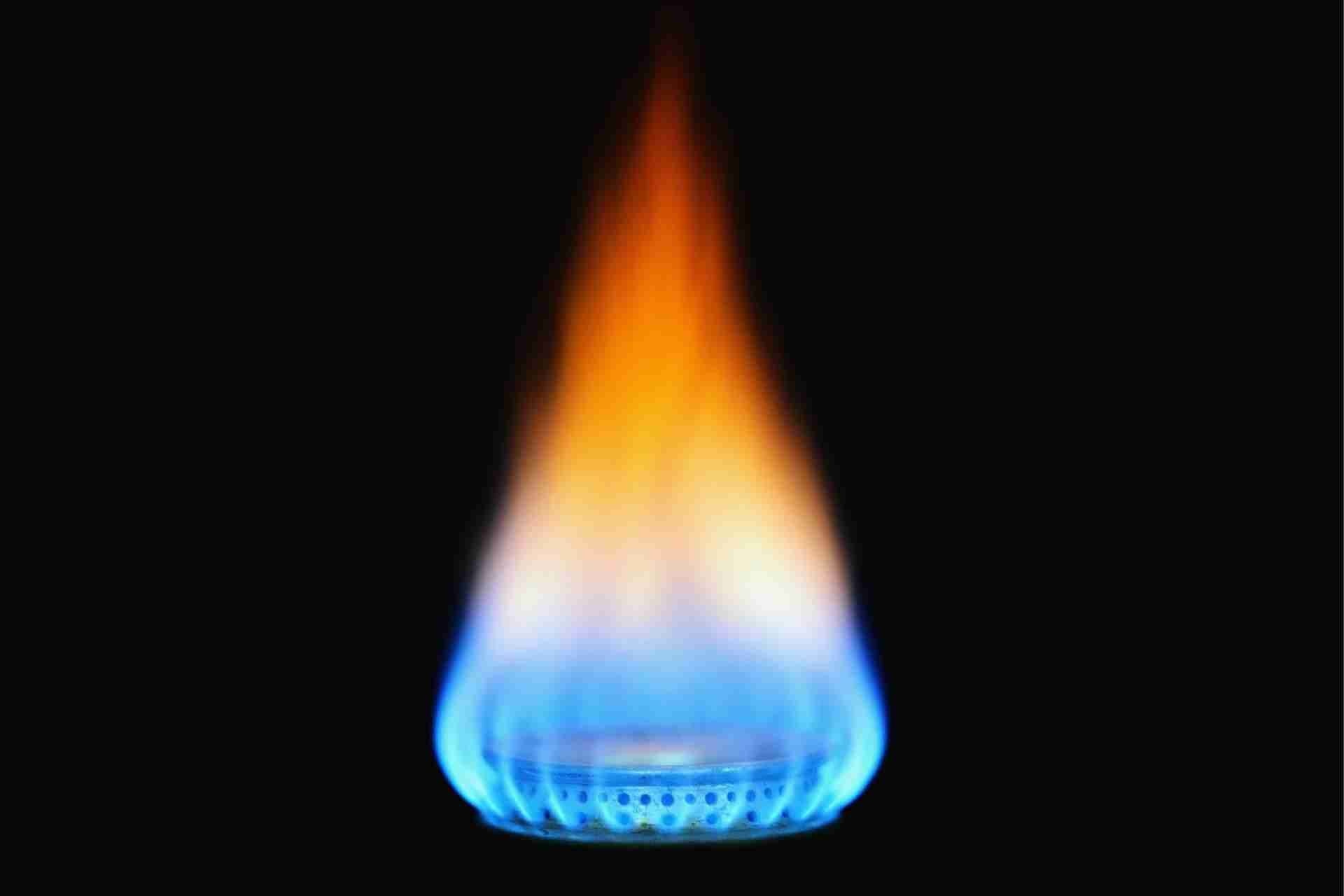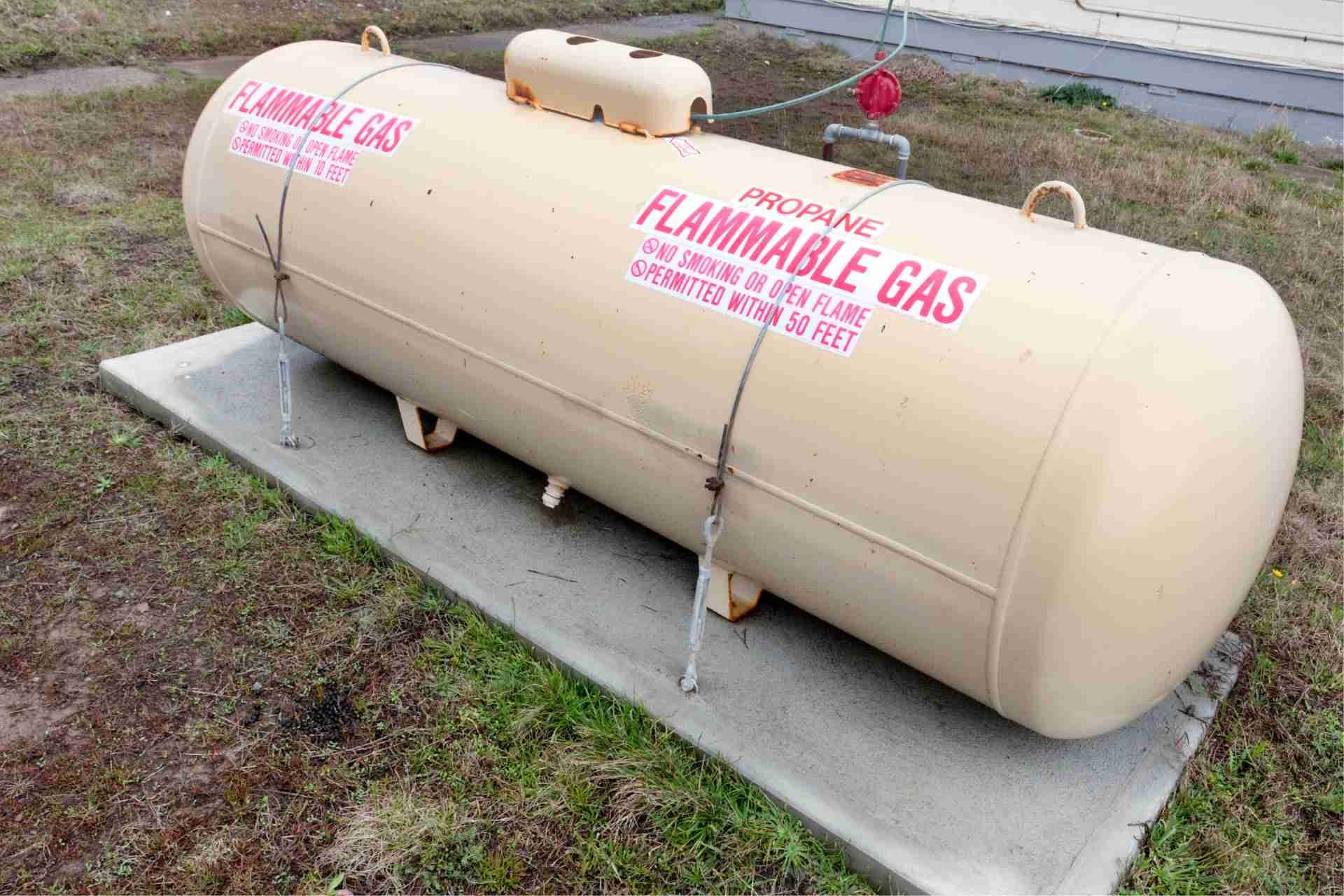When to Replace your Propane Tank
A propane tank is a container used to store and transport propane gas, which is commonly used as a fuel for heating, cooking, and other purposes. They have a valve at the top for connecting to appliances or gas lines, and a pressure release valve for safety.
Like any appliance or equipment, propane tanks require regular maintenance and eventual replacement to ensure safety and efficiency. Knowing when to replace your propane tank is important for safety and efficiency.
Know the signs that indicate it's time to replace your propane tank and provide some tips for ensuring a smooth transition.
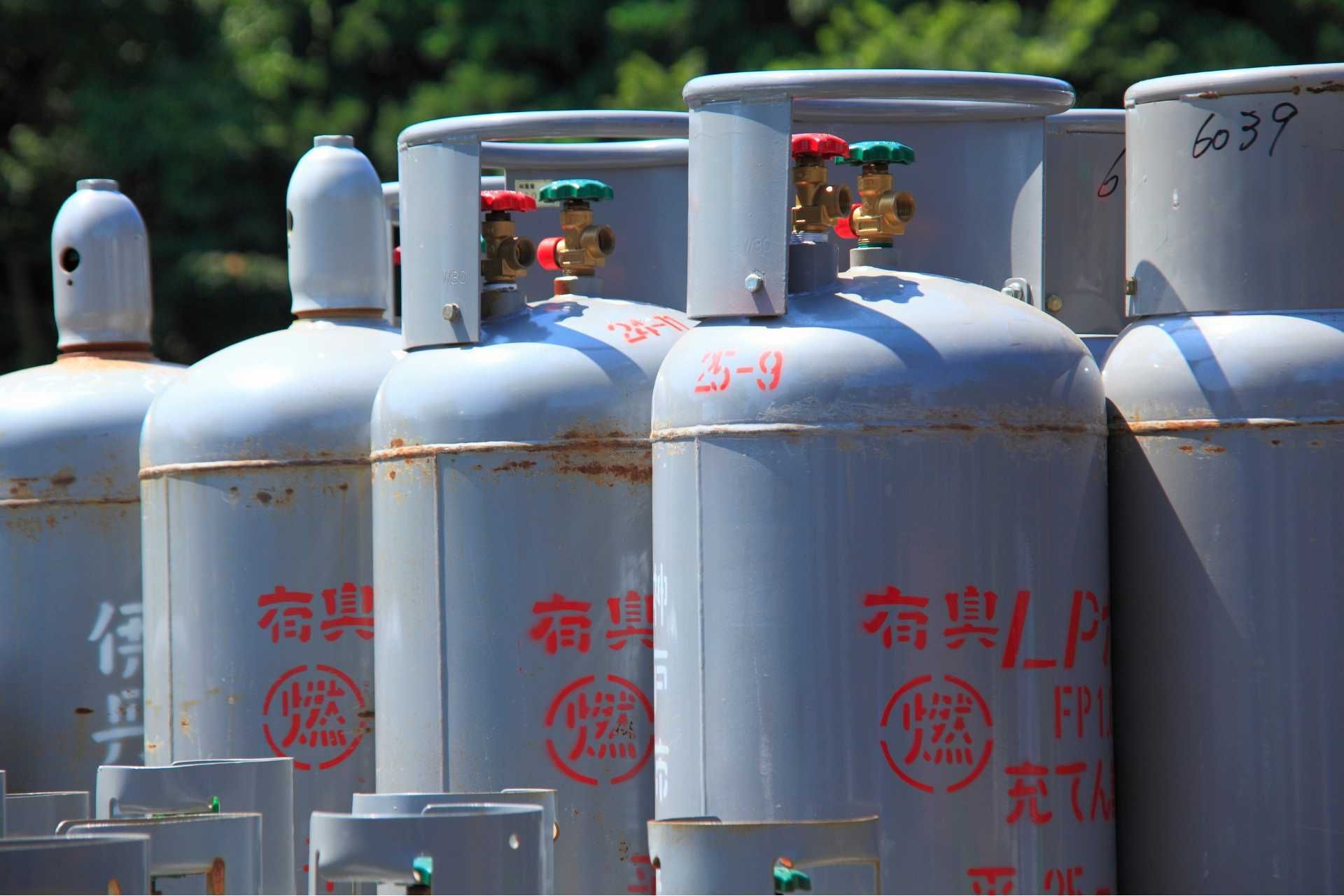
Expiration Date
Propane tanks typically have a lifespan of 10-12 years before they need to be recertified or replaced. The expiration date of a propane tank can usually be found stamped on the collar or handle of the tank. It is important to always check the expiration date and replace the tank when necessary to ensure safe and efficient use of propane.
Visible Damage
Some visible signs of damage to a propane tank that indicate it should be replaced include:
- Dents or dings in the tank that could compromise its structural integrity
- Rust or corrosion on the tank, which can weaken it and make it more prone to leaks or ruptures
- Cracks or holes in the tank, which can allow propane gas to escape
- Leaking from any part of the tank, which is a clear sign that it is no longer safe to use
If you notice any of these signs of damage on your propane tank, it is important to replace it immediately to avoid any safety hazards.
Leaks
If you notice any leaks coming from your propane tank, it is a clear sign that the tank needs to be replaced immediately. Propane leaks are extremely dangerous and can pose a significant fire hazard. Do not attempt to use the tank or repair the leak yourself. Contact a professional propane service provider to safely dispose of the leaking tank and replace it with a new one. It is important to prioritize safety when dealing with propane tanks to prevent any potential accidents or injuries.
Difficulty in Operating
If you are experiencing difficulty in operating your propane tank, such as trouble turning the valve, fluctuating gas flow, or leaks, it may be a sign that you need to replace the tank. These issues could indicate that the tank is damaged, old, or not functioning properly, which can pose a safety hazard.
It is important to regularly inspect and maintain your propane tank to ensure it is in good working condition. If you notice any issues or have trouble operating the tank, it is best to contact a professional propane service provider to assess the situation and recommend the proper course of action, which may include replacing the tank. Your safety is paramount, so it is crucial to address any concerns regarding your propane tank promptly.
Low Fuel Level
When the fuel level in a propane tank is low, it is a sign that the tank needs to be replaced or refilled. Running out of propane can be inconvenient and potentially dangerous, so it is important to monitor the fuel level and replace the tank when it is getting low. It is also important to store propane tanks safely and always follow proper handling and storage guidelines.
Recurring Issues
If you are consistently experiencing issues with your propane tank, such as difficulty in igniting your appliance or inconsistent gas flow, it may be time to replace the tank to ensure safe and reliable operation.
How to Safely Dispose of the Old Propane Tank
One of the most important things to keep in mind when disposing of an old propane tank is that it should never be thrown in the trash or recycling bin. Propane tanks are pressurized containers that can be extremely dangerous if not handled correctly. Improper disposal can lead to explosions, fires, or environmental contamination.
Here are some safe and responsible ways to dispose of your old propane tank:
- Contact your local propane supplier: Many propane suppliers offer a tank recycling program where you can return your old tank for safe disposal. Contact your supplier to see if they offer this service and how to go about returning your tank.
- Take it to a hazardous waste disposal facility: Check with your local government or waste management company to see if they have a hazardous waste disposal facility in your area. These facilities are equipped to handle pressurized tanks safely and will ensure that it is disposed of properly.
- Recycle it: Some propane tanks can be recycled by metal recycling facilities. Make sure to empty the tank completely before taking it to a recycling center. They will likely ask you to remove any valves or fittings as well.
- Use a tank exchange program: Some hardware stores or home improvement stores offer tank exchange programs where you can trade in your old tank for a new one. This is a convenient option for those who need a new tank anyway.
- Repurpose it: If your old propane tank is still in good condition, consider repurposing it for a different use. You could turn it into a garden planter, a smoker, or even a decorative piece for your outdoor space.
It's important to never try to puncture or cut a propane tank yourself, as this can be extremely dangerous. Always handle old propane tanks with care and follow the proper disposal methods to ensure the safety of yourself and those around you.
Ready for a Propane Tank Replacement?
If you are in need of a propane tank replacement, we are here to help. Contact
Koopman & Sons Gas for all your propane needs. Our experienced team can assist you with the installation of a new tank and ensure that your propane system is in proper working order.
Contact us today to schedule your replacement service.
